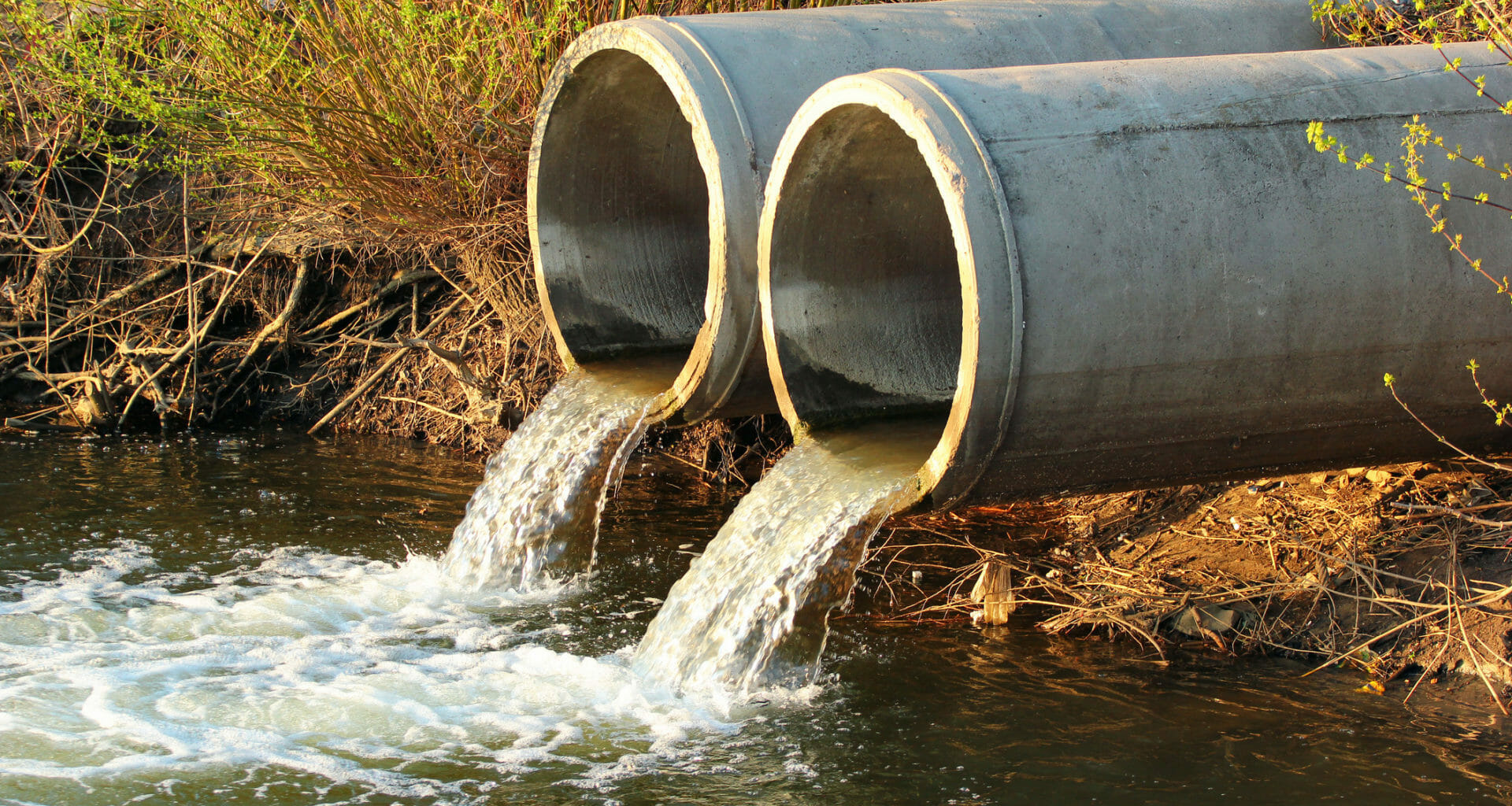Pensions for Scotland’s environment agency are invested in fossil fuel giants and an English water company that spilled more sewage than any other last year, The Ferret has found.
Employees of the Scottish Environment Protection Agency (Sepa) have their pensions invested through the Falkirk Pension Fund (FPF), run by Falkirk Council.
Among the oil and gas companies the pension fund invests in are Shell, BP and SSE – the owner of Scotland’s most polluting industrial site, which is regulated by Sepa.
The fund also holds shares in United Utilities, which is responsible for water in the north west of England and was criticised this year for its role in the sewage scandal south of the border.
Environmental campaigners said there is a “clear conflict of interest if the financial future of Sepa staff is effectively bankrolled” by the type of companies they need to regulate. The Scottish Greens said Sepa should “use their influence” as a major employer paying into the Falkirk fund to “ensure investments are no longer funding climate breakdown”.
Sepa said it recognised the “ongoing debate regarding sustainable investment” and that Falkirk Pension Fund was “responding to the global threat of climate change”. The fund said it engages with companies it has shares in on their climate plans and has made “significant investments in renewables and environmentally beneficial assets”.
Our findings come from the most recent list of holdings published by FPF from 31 March 2023. At that time, the fund had just over £13m invested in BP and nearly £12m worth of Shell shares.
There is a clear conflict of interest if the financial future of Sepa staff is effectively bankrolled by the same companies they need to regulate.
Ric Lander, Friends of the Earth Scotland
The two oil giants faced a backlash this year over their commitment to green energy in the face of the climate crisis.
In June, Shell announced it was dropping a pledge to cut oil production by between one and two per cent each year until 2030. But the company maintains its commitment to climate targets “remains as strong as it ever was” and argued it had already met the 2030 target by selling oil assets back in 2021.
Earlier this year, BP also softened a commitment to reduce the amount of oil and gas it produces by 40 per cent before 2030. It now expects the reduction in production to be around 25 per cent. That decision came on the back of soaring profits due to high gas prices.
Senior figures at the Church of England cited BP and Shell’s lack of ambition on climate change as a key driver for its decision in June to stop its pension fund investing in oil and gas companies.
SSE owns the Peterhead gas power station in Aberdeenshire which has been the country’s single biggest site for producing climate-polluting carbon dioxide for a number of years. SSE argues that the plant is “critical” to Scotland’s energy system and provides back up when renewables aren’t producing enough energy.
Sepa is responsible for monitoring pollution from the Peterhead plant, just as it is for Shell’s nearby gas plant at St Fergus. FPF had just over £9m invested in SSE, according to our analysis.

The pension fund’s shares in United Utilities are worth £1.2m. Data published by England’s Environment Agency showed the company discharged raw sewage almost 70,000 times in 2022.
Despite this, the company reported pre-tax profits of £410m last year and paid out dividends to shareholders worth nearly £310m.
Ric Lander, who campaigns for fossil fuel divestment at Friends of the Earth Scotland, urged Sepa employees to write to their local councillor “to find out why such heavy investment in climate polluters persists”.
“Scotland’s most polluting companies need to be regulated without fear or favour,” Lander told The Ferret. “There is a clear conflict of interest if the financial future of Sepa staff is effectively bankrolled by the same companies they need to regulate.”
The Scottish Greens MSP, Mark Ruskell, said “environmental regulators should be leading by example rather than supporting the companies profiting from the destruction of our planet”.
Ruskell added: “I urge Sepa to use their influence as a major employer paying into the Falkirk Pension Scheme to ensure investments are no longer funding climate breakdown.”
Environmental regulators should be leading by example rather than supporting the companies profiting from the destruction of our planet.
Mark Ruskell MSP, Scottish Greens
Sepa’s chief finance officer, Angela Milloy, pointed out that pensions are “managed independently” from Sepa by Falkirk council. “As Scotland’s environment agency, we recognise the ongoing debate regarding sustainable investment,” she added.
Milloy continued: “Falkirk Pension Fund is responding to the global threat of climate change and its investment principles are publicly available online.”
Unison’s Scottish local government pensions officer, Simon Watson said: “Unison’s members on the Falkirk Board push for it to use its financial muscle to promote environmental, social and governance issues.
“Rather than simply walking away from companies, this involves using investments to pressure them to do the right thing. Unison also supports more investments being made directly by in-house teams, to give better accountability, transparency, and value for money.”
A Falkirk Pension Fund spokesperson said: “We are aware that there are a number of important issues to take into account when the fund’s assets are invested and have set out our policy in a statement of responsible investment principles which is available on the Falkirk Council Pension Fund website.
“The fund has also made significant investments in renewables and in environmentally beneficial assets and we continue to support meaningful shareholder resolutions that press for climate risks to be properly respected,” The spokesperson added.
All of the companies named in this article have been contacted for comment.
Photo thanks to iStock/aquatarkus
This Ferret story was also published with the Herald. Our partnerships with other media help us reach new audiences and become more sustainable as a media co-op. Join us to read all our stories and tell us what we should investigate next.














